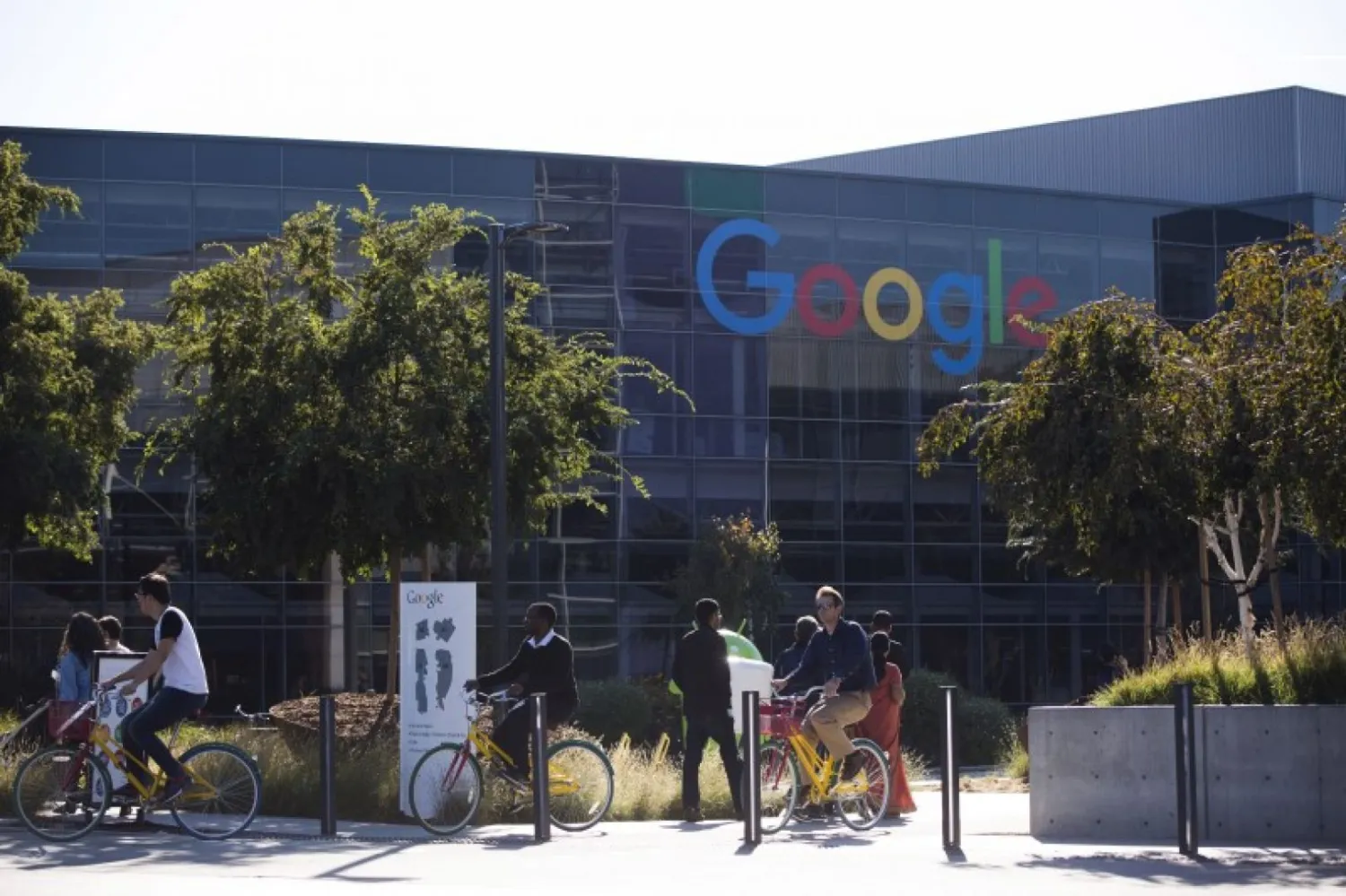In light of having different accents and vocabularies in the same language, the Guardian newspaper concluded that the new Google in-ear translation headsets may not be a useful gadget.
A few months ago, Google has invented new set of earphones that can simultaneously translate spoken language directly into the ear of the listener, when coupled with the correct headset and software.
According to the Guardian, the aim of many new technologies is to remove speech from the process of communication, so the excitement generated by Google’s in-ear headphones seems curiously anomalous.
The British newspaper considered that the success of Google’s new headset is like the Hitchhiker’s Guide to the Galaxy starred by Douglas Adams, this represents nothing less than the first coming of the Babel fish, an aquatic creature that excretes simultaneous translations directly into its host’s ear canal.
The Guardian saw that Adams knew what he was doing. By making his Babel fish a naturally occurring phenomenon, he was implicitly acknowledging the impossibility of humans ever producing something “so mind-bogglingly useful”, capable of tackling not just the raw vocabulary of a language, but also the cultural baggage that goes with it.
The newspaper reported that interpreters in Brussels still regale newcomers with the tale of the newbie who translated, “En ces temps difficiles, il faut compter sur la sagesse normande” quite correctly. The problem is that, “In these difficult times, we must count on Norman Wisdom” has quite a different message for native English speakers.
But at least when humans fail in their translations, they are usually making some attempt to understand what it is they’re translating. To really screw things up, you need a computer.
The Guardian continued: “I have no idea who was responsible for the road sign “Cyclists dismount” being translated into Welsh as “Bladder disease has returned”, but I suspect something went wrong while copying and pasting.
The same with “Nid wyf yn y swyddfa ar hyn o bryd. Anfonwch unrhyw waith i’w gyfieithu”, which is not Welsh for “No entry for heavy goods vehicles. Residential site only”, but means “I am not in the office at the moment. Send any work to be translated.”
Shuly Wintner, associate professor of computer science at the University of Haifa, quotes an early example of computer mistranslation in his 2005 introduction to computational linguistics.
“The spirit is willing, but the flesh is weak,” was put through Altavista into Russian, he says.
“The vodka is excellent but the meat is lousy” may well have been true, but it almost certainly wasn’t what the writer was looking for.
Spare a thought, too, for translators working the other way around. Donald Trump’s incoherent speech patterns are currently driving Japanese interpreters to distraction. Such is the structure of Japanese that you can’t begin to translate a sentence from English until you know what it’s about.
“When the logic is not clear or a sentence is just left hanging in the air, then we have a problem … There’s no way we can explain what he really means,” one shell-shocked interpreter told the Guardian in June.









